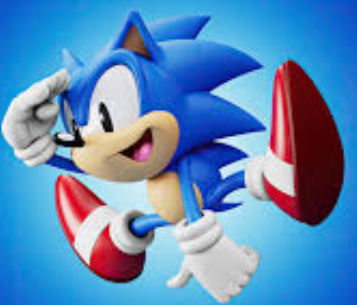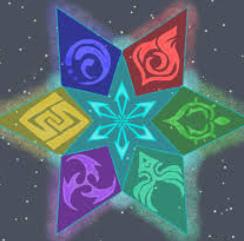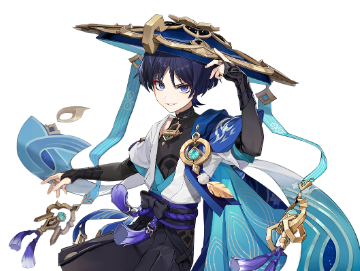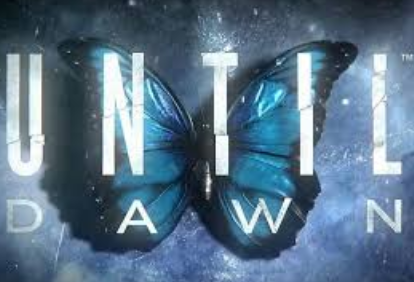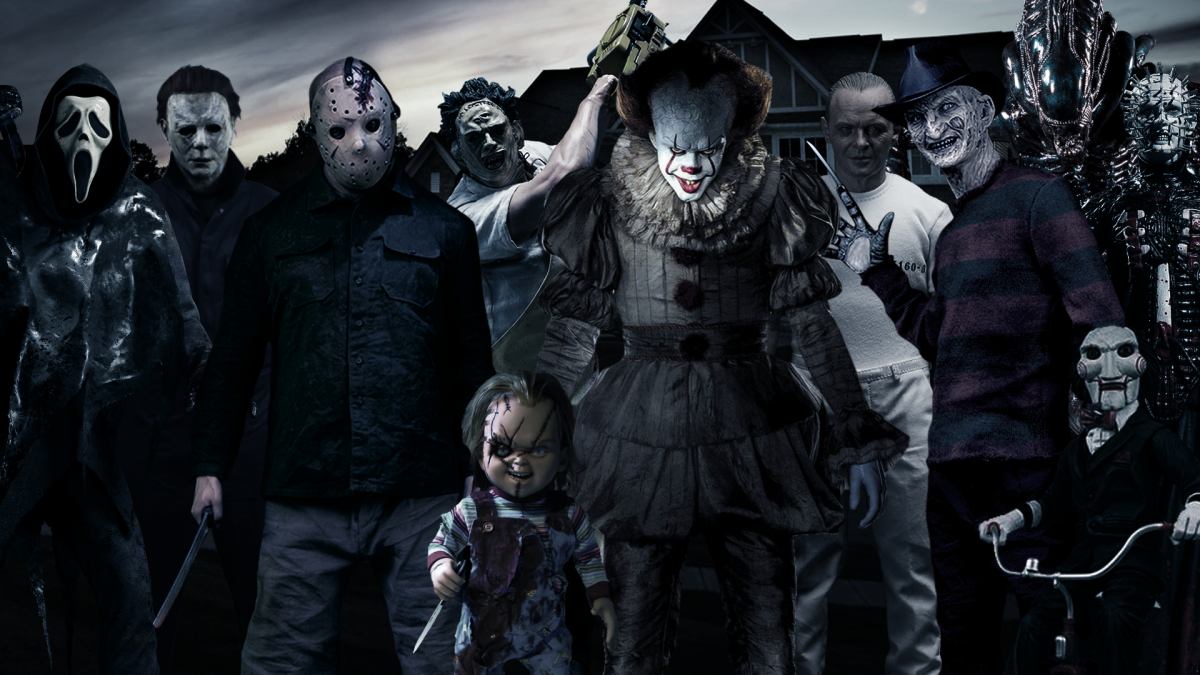Many long-lasting franchises typically struggle with characterization, especially ones going as long as Sonic has for 30 strong years. With new directors, new voice actors, and new writers using different mediums and universes with the same characters, there are bound to be some inconsistencies within those characterizations.
Several characters in the games had issues with characterization, but first, let’s focus on the heroic protagonist himself. In the beginning, the early 90s Sonic One, Two, and Three all had the same characterization: he didn’t speak but would convey his character through body language, showing his rebelliousness, heroism, and charm. Because he wasn’t completely fleshed out and left parts of his personality up to interpretation, this hooked fans, allowing them to project onto him and imagine how they wanted him to be.
Starting in the late 90s, SEGA began dabbling in 3D games with Sonic Adventure and added several new, bigger characters. Sonic transitioned from a silent protagonist to a more vocal and fleshed-out character. He gets more distinct emotions, morals, goals, and relationships; he starts talking; he cracks more jokes, conveying more of his character through speaking and body language. He’s cocky but shows inner maturity by putting others’ needs before his own, helping his friends when they get hurt or go into dangerous situations, and even believing in villains, wanting them to turn a new leaf. All these changes made fans admire him more as they saw his goals more clearly.
It was in the early 2000s’ that his character is the most fleshed out, in my opinion; the Sonic series begins to take on a darker shift in storytelling and characterization. He would be fighting more dangerous enemies and experiencing much more dangerous situations. In Sonic Adventure 2 we meet Shadow, who becomes Sonic’s rival. Shadow has similar powers and strengths to Sonic but different goals and personality, with a darker past, leaving them to clash and fight. We see that Sonic may crack jokes, but he can be serious; we see he is responsible but still has fun; he’s cocky but can dial it back when the situation calls for it.
During this time we also see his shift in being more of a leader than he was before, like in Sonic Heroes. His relationships with established friends and enemies always led to fun interactions that made him feel real and fleshed out. Even Sonic 06, which is known for being a bit of a dumpster fire gameplay-wise and story-wise, displays many of his character traits, like wanting to help others and saving the world. He always lifts others when needed; he stays lighthearted and carefree but can be serious if needed. This makes him stand out to both older and newer fans.
Leading from 2007 to 2009, his character gradually becomes more lighthearted, like in Sonic Unleashed, Sonic and the Secret Rings, and Sonic and the Black Knight. These games still had serious and dire situations but touched on these issues less than they had previously; they made Sonic more determined and played into his heroic side more. My personal favorite characterization of Sonic is in Sonic Unleashed, mainly for the nostalgia factor.
He began to shift in the 2010s, starting with Sonic Colors, Sonic Generations, and Sonic Lost World. His heroism stayed intact, but SEGA made Sonic less serious and responsible, dumbing him down to make jokes constantly and brushing off serious issues. His character goes in a weird direction, he feels more one-dimensional and less complex. To many fans, Sonic became a less engaging character. He was less admirable; they made his relationships with other characters inaccurate to the past, even changing other characters like Tails’ personality, making him a cowardly cheerleader.
In Sonic Forces, SEGA tried to do right by fans, making the story more serious, but many people were still unhappy. They made the story more serious but failed to make Sonic himself fit the intense themes. Even with the new movies, Sonic himself is catering more to children. Although his friend’s characterization has improved, Sonic himself has stayed a bit stagnant.
Sonic Frontiers so far has brought Sonic back to his more serious self, who jokes less, takes himself seriously, has dire situations, and brings his friends back to more prominent roles and less like cheerleaders. It has problems, but many fans enjoy the shift to more serious tones. I’m very excited to see what Sonic Team does with the evolution of his character.
























































































































